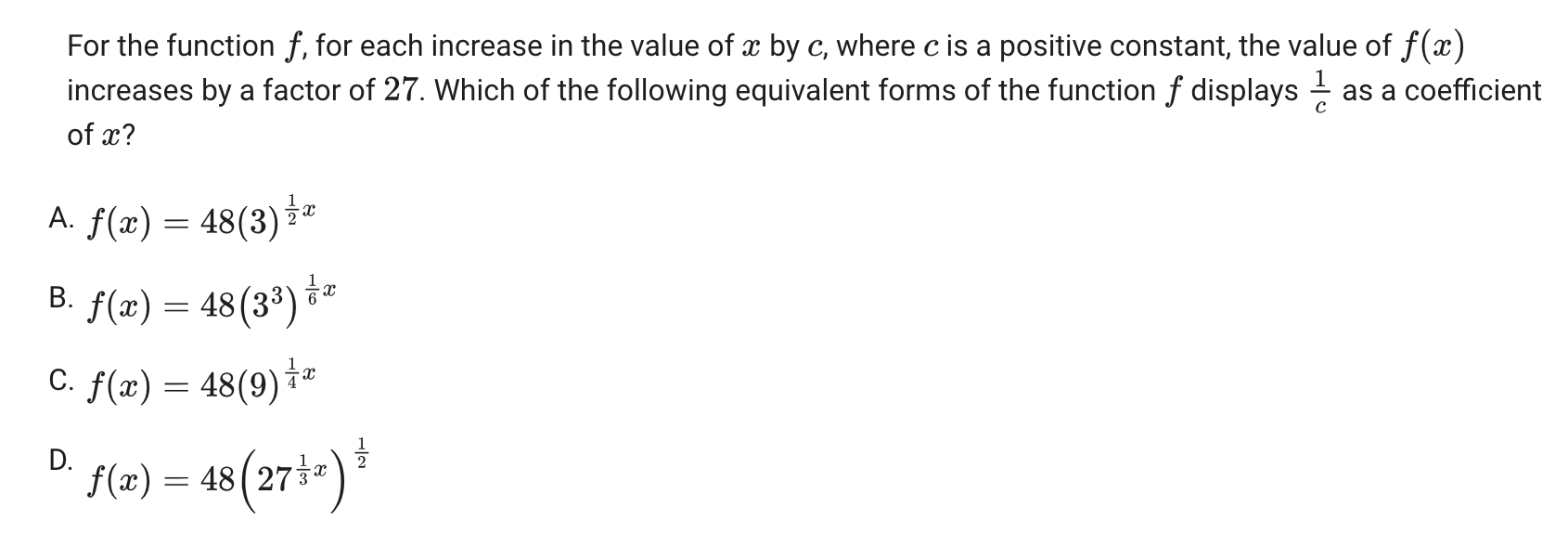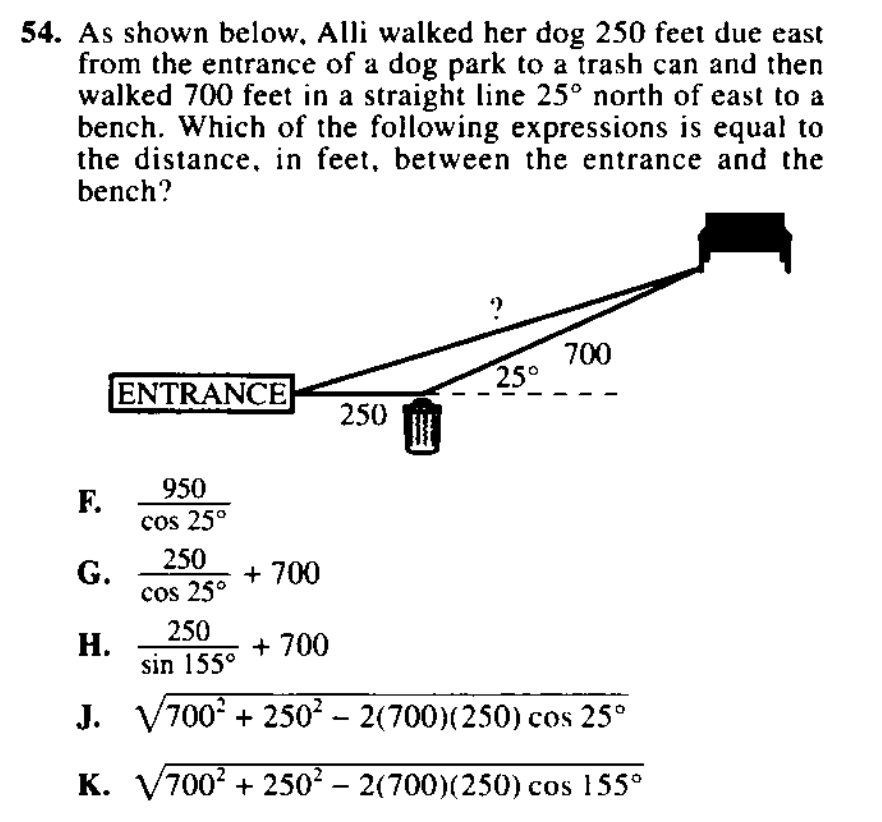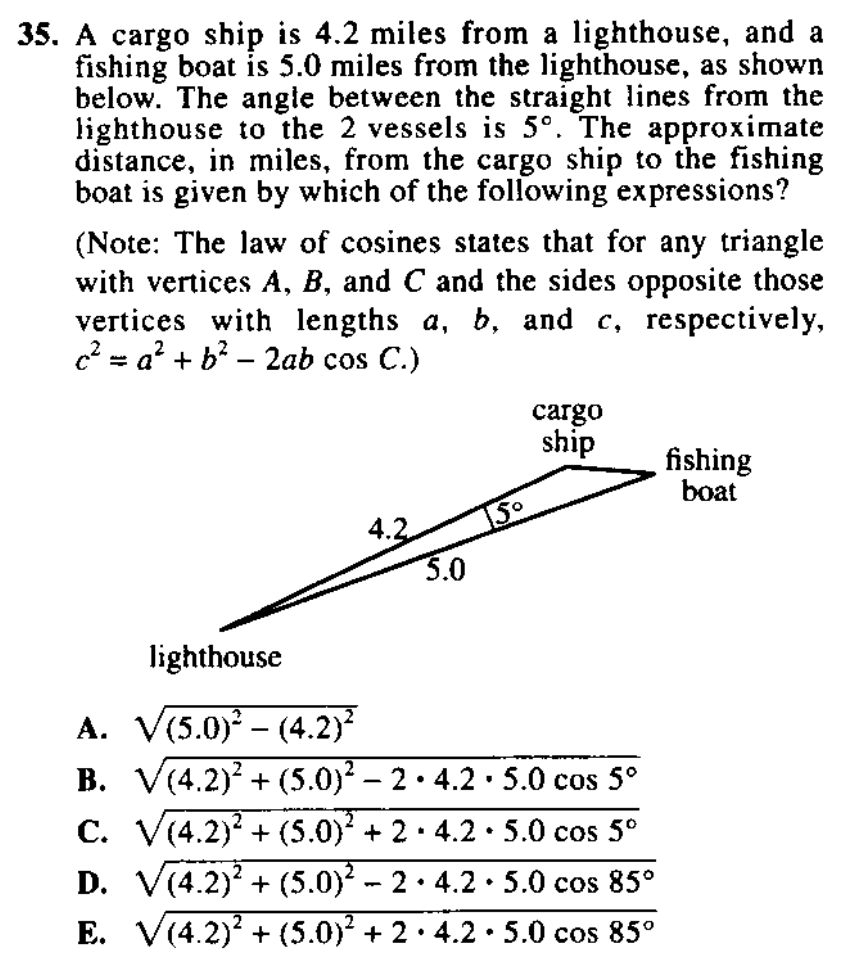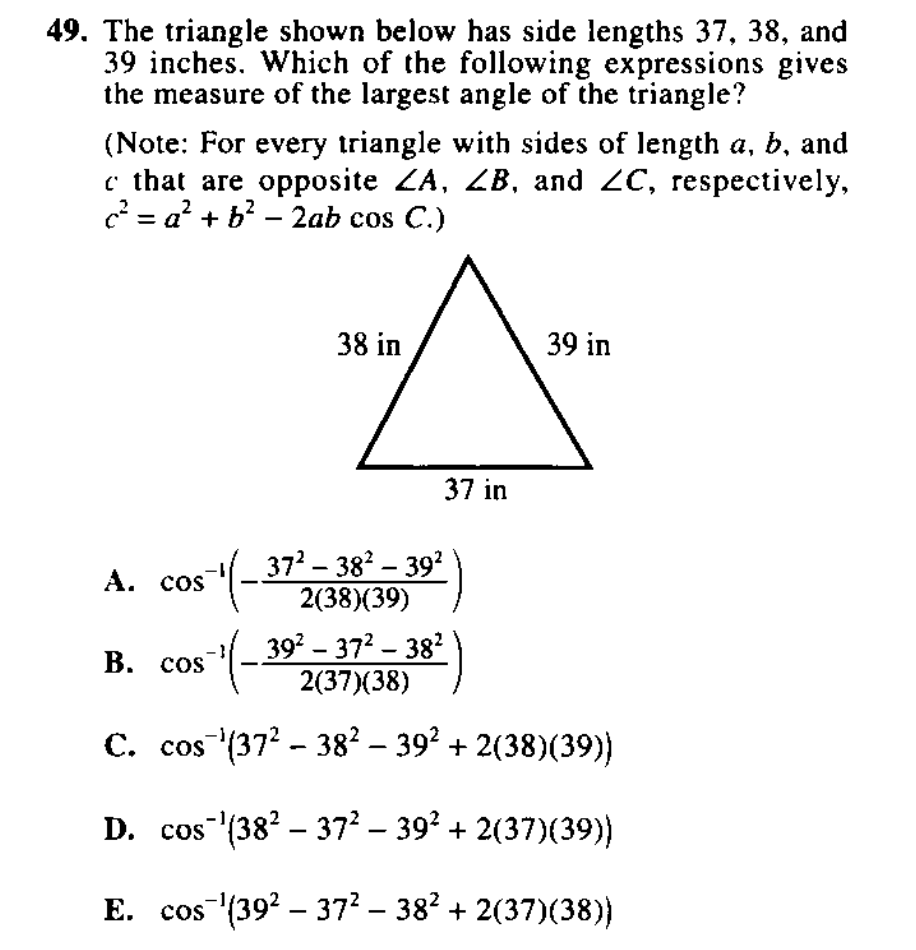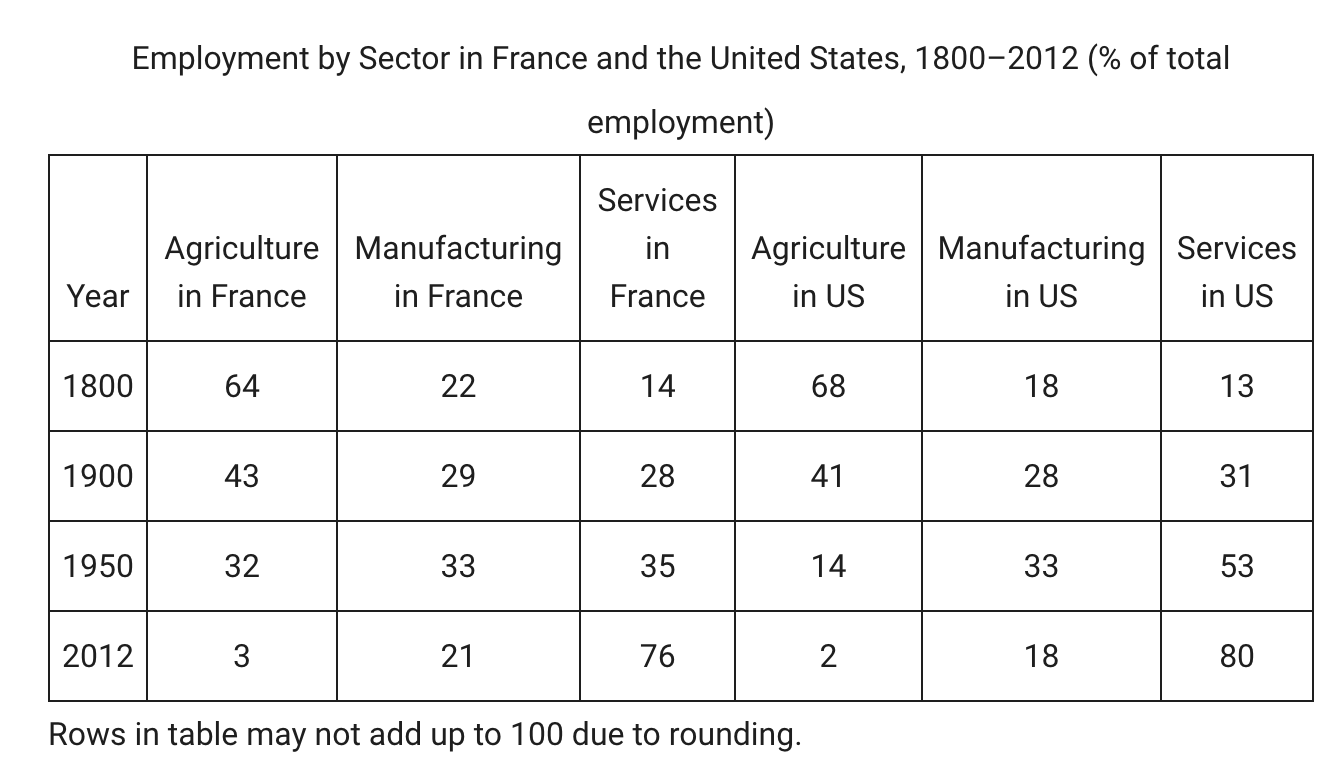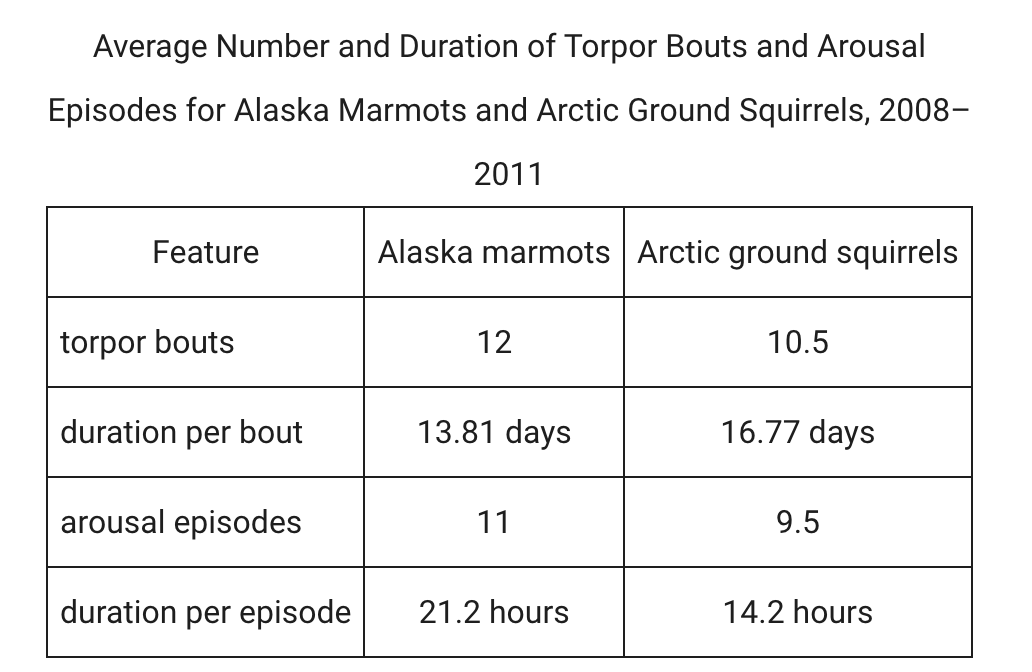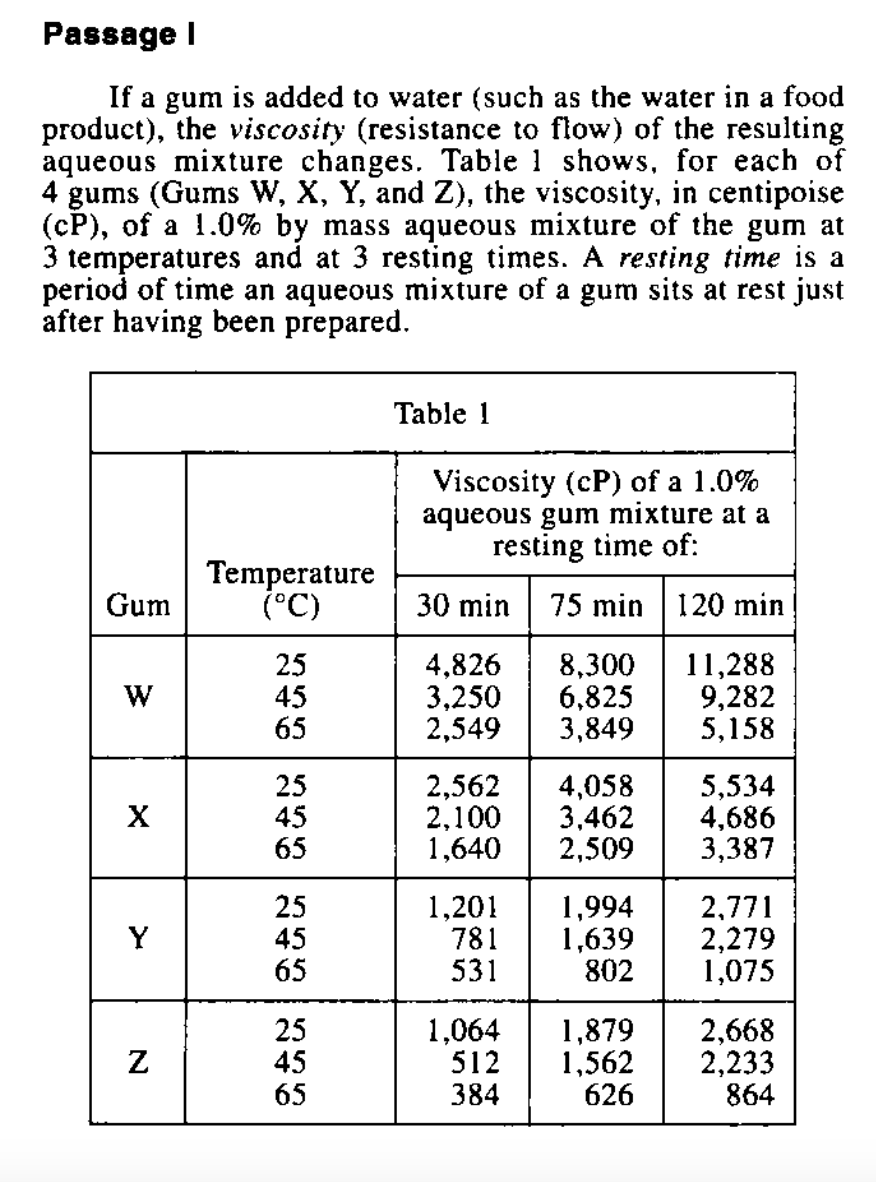 To Test Or Not To Test
To Test Or Not To Test
If only it was this simple.
Test optionality is a really confusing topic for students and parents. Quite frankly, “test optional” is a really confusing topic for school faculty, too.
Beyond confusing, it can be downright uncomfortable to talk about because, effectively, there’s a double standard. Optional for student A doesn’t necessarily mean optional for Student B. Without a doubt, this double standard is totally uncomfortable for school faculty to address in a public forum (e.g. school auditorium setting, Zoom presentation) with families. But not addressing it isn’t reasonable either, so a 1:1 conversation is really best, which is a role we can play with you. Logic and strategic thinking must prevail in this decision making process.
Test Optional For Private School and College Admissions
When we talk about test-optional policies, we’re primarily talking about admissions testing to colleges or universities, independent day schools and boarding schools, and selective public schools. The tests we’re most commonly discussing with our clients include:
- SAT – created by The College Board, which is headquartered in Manhattan
- ACT – created by ACT, Inc., which is headquartered in Iowa City, Iowa
- ISEE – created by the Education Records Bureau (ERB), which is headquartered in Manhattan
- SSAT – created by The Enrollment Management Association (EMA), which is headquartered in New Jersey
- SHSAT – created by Pearson, an international company
What makes this topic particularly confusing are the number of changes that have been rolled out over the past six years, starting with the 2020-2021 school year. These were changes in response to the pandemic, and they were primarily in response to four factors over this stretch of time: 1) logistical issues and operational disruptions because of the pandemic, 2) social progressive issues surrounding DEI, 3) a response to the wave of mental health challenges overwhelming students, and 4) market competition for consumers.
Understanding the SAT
In terms of changes to the tests themselves, the biggest disruptor was The College Board. They can’t seem to sit still. In 2021, they abruptly retired their SAT subject tests, which were an extremely popular product for our clients, particularly students at independent schools that don’t subscribe to the Advanced Placement (AP) program, which is really The College Board’s bread and butter. The College Board also eliminated it’s optional essay, which had been added and required from 2005 to 2016 when they put a 2400-point system into place. Then they decided that they preferred the 1600-point system with a completely redesigned test and an optional essay, which was put in place from 2016 to 2023/24 depending on where you lived. An often forgotten “small detail” is that The College Board introduced an “Adversity Score” in May 2019 only to abolish it in August 2019 due to public backlash.
In 2023, they launched their digital SAT (dSAT) for international students in an attempt to curb cheating abroad. This dSAT then became the new standard for all students – US and international – in March 2024. What changed on the dSAT? Almost everything.
- Test time reduced from about 4 hours (with the essay) to 2 hours and 14 minutes (no essay).
- Reading passages were reduced significantly to 25-150 words each; and each passage has just one multiple-choice question.
- Math is capped at Algebra 2, and a DESMOS online graphing calculator is embedded.
- AI is used to deliver a unique test to every test taker across two modules per section.
- Module 1 of each section determines your pathway for module 2, thus it’s possible to be tracked into an easier or harder test; if a student is tracked into the easier test pathway, then a student is score capped.
- Items are not equally weighted; and no two test takers receive the exact same test.
- There’s no option to showcase an independent writing sample.
- There’s no option at all to use a paper test packet.
Understanding the ACT
The ACT observed without making any significant changes for a while, and then they responded to the marketplace by launching their updated test in April 2025, which they’ve referred to as The Enhanced ACT. The test is now available in two formats: 1) ACT Online Testing (digital ACT), and 2) Paper-and-Pencil Testing (traditional format). They confused everyone by having a transitional period from April to September 2025. During this transitional period, the previous paper-and-pencil test remained unchanged, while the “enhancements” were available on the digital format. In September 2025, the former paper-and-pencil test was replaced with the new structure, and now students can simply choose a digital version versus a paper-and-pencil version (our preferred version).
The changes include:
- Reduced number of questions (44 fewer items overall).
- The Science section is now optional; the Writing section remains optional.
- Shortened test time (2 hours 5 minutes is the shortest pathway, making it potentially shorter than the dSAT at 2 hours 14 minutes; this pathway would require opting out of the science section AND the writing section, which we generally do NOT recommend for most of our students).
- More time per questions.
- Reduced answer choices for math questions (4 choices instead of 5).
Notably, these publishers are good marketers, and they know what they’re doing: Publishing has always been about attracting eyeballs. The College Board surely knows that some students have an aversion to science and grammar, so they don’t advertise that the SAT “Reading” section includes science-themed passages and items that test grammar and writing mechanics. They also recognize the dwindling attention of teenagers and the aversion to longer texts, so they responded with significantly shorter passages. As students who found reading painful, we appreciate how enticing this change may seem, but it doesn’t match the reality of the voluminous and dense reading that will be required of our ambitious students as they move into their competitive post-secondary educational setting.
Conversely, the ACT has maintained its four (4) multiple-choice sections, and they don’t shy away from calling each section what it is: English, Math, Reading, and Science (that is “science reasoning” with science-themed passages to test non-fiction comprehension, not science trivia). But they responded to the marketplace by giving students who strongly dislike science an opportunity to opt out of that section, and they provided students looking for the shortest possible test with a way to beat the SAT by 9 minutes, providing a pathway that’s only 2 hours and 5 minutes for students who opt out of both science and writing. By making the science section optional, they also stopped factoring it into the composite score. Instead, they added a STEM score for students who do opt into it (averaging math and science scores), and competitive colleges are still considering this data carefully. We don’t love the murkiness of all of these changes, but at least ACT maintains more choices, and they’ve preserved the opportunity to work with a paper-and-pencil test, which is pedagogically critical for so many students, both neurodivergent and neurotypical.
Understanding the ISEE and SSAT
For elementary, middle, and high school students, the ISEE and SSAT are used for admissions to independent schools and boarding schools. Notably, these two tests have remained incredibly stable, for which we have gratitude. The only real disruption in this space has been with schools making changes to their testing requirements: Game on or game off? For the most part, it’s game on in 2026.
The ISEE is a product of the Education Records Bureau (ERB), which also has other testing products, including grade-level achievement tests called CTPs that may independent schools in NYC use. Parents often confuse the SSAT with the SAT, or assume they come from the same publisher, but that’s not the case. The SSAT is a product of the Enrollment Management Association.
The ISEE and SSAT are equally difficult in terms of content, preparation time, sustained attention, and stamina, but the formats are quite different. The three (3) biggest differences are:
- SSAT presents 5 answer choices, whereas ISEE presents 4 answer choices.
- SSAT imposes a wrong-answer penalty of a quarter point, whereas guessing on the ISEE has no negative consequence.
- SSAT tests vocabulary via traditional analogies, whereas ISEE presents context in the format of sentence completions.
But you know what’s the same? They both have a required, on-the-spot essay that’s meant to be a straightforward, 5-paragraph essay format. Our fifth graders master it. Our 6th graders master it. Our 7th graders master it. Our 8th graders master it. Our 9th graders master it. And they also always have. It was never a doubt or real concern that we needed to manage with families. It’s only when the SAT dropped the essay section in 2021 that families with high achieving students started to second guess themselves and shy away from the ACT’s optional essay.
With the ISEE and SSAT, there are regional preferences for one test over the other in terms of day school admissions. NYC schools, for example, have historically preferred the ISEE, whereas schools in the Washington, DC metro area historically preferred the SSAT. Boarding schools also historically wanted SSAT scores over ISEE scores, but that hasn’t been true for years, and any holdouts let go of any particular preference during the school years following the pandemic. We successfully prepare students for both tests, but pedagogically we prefer the ISEE to the SSAT, and that’s a longer conversation that we’d love to have with you.
Understanding the SHSAT
The SHSAT is quite specific to New York City and its selective high schools. It’s length and content pool largely overlaps with the SSAT and ISEE, but its format and structure is different from both of these tests. Like the SAT and ACT, the SHSAT also became a digital test this past fall 2025 season, and the paper-and-pencil option was retired, which is unfortunate; technology glitches during high stakes testing is just one of several concerns that we have. The SHSAT continues to face scrutiny as a barrier to accessing specialized city high schools because of DEI concerns, and each year for the past several years it’s been a “wait-and-see” approach as to whether or not the SHSAT will live on or not.
What Do All These Tests Have In Common?
All five tests – SAT, ACT, ISEE, SSAT, and SHSAT – have a lot in common. Despite the names of sections, they all test reading comprehension spanning fiction and non-fiction passages, vocabulary, grammar, math and problem solving. And they all require significant preparation time, which ranges from 45-75 hours on average. Starting approximately one year out from your anticipated first test date is highly advised.
As for writing, it remains a very curious topic to us. The ACT offers an on-the-spot writing opportunity, which we strongly encourage, whereas the SAT does not (unless you happen to be a public school student in a state that requires the essay for graduation requirements, like Michigan, New Hampshire, Delaware, or West Virginia). The SAT used to think it was important, hence a major reason that they moved to a 2400-point test from 2005-2016, but now they don’t seem to think it’s that important, which is odd. That said, the overwhelming number of competitive schools in NYC requiring the ISEE or SSAT and strongly considering the essay as an independent writing sample does make us wonder why anyone thinks the essay for the ACT isn’t important as yet another measure to assess college readiness. It clearly matters a lot on the way in for grades 5-10, so why wouldn’t it be useful on the way out to a competitive college? And if elite schools have such stellar English and humanities departments – and we’re sure they do! – then why wouldn’t they encourage their students to showcase their writing prowess as a differentiator?
Which Test Will You Choose?
In short, to test or not to test is not really the question anymore for the majority of our clients applying to competitive colleges, universities, and mainstream schools. The only real question is this one: Which test will you choose?
- For college entry, will you take the SAT or ACT?
- For admissions to grades 4-10, will you take the ISEE or SSAT?
- For admissions to grades 11 or 12, it’s a slightly different conversation as schools often prefer the SAT or ACT over the ISEE or SSAT. Nonetheless, you have a testing choice to make.
At most highly competitive colleges, universities, and day schools, tests are once again required. Boarding schools are a mixed bag at the moment with many schools – including a number of the most competitive schools – remaining test optional. But even at schools who say they’re optional, each family needs to carefully consider their context to determine if it’s REALLY optional for them or not. Said another way: Is proceeding test optional the most prudent and strategically advantageous choice for your student and family? Let’s wrestle with this question together.
Warm regards,
Brad Hoffman and Faya Hoffman
Co-Founders and Learning Concierges, My Learning Springboard




